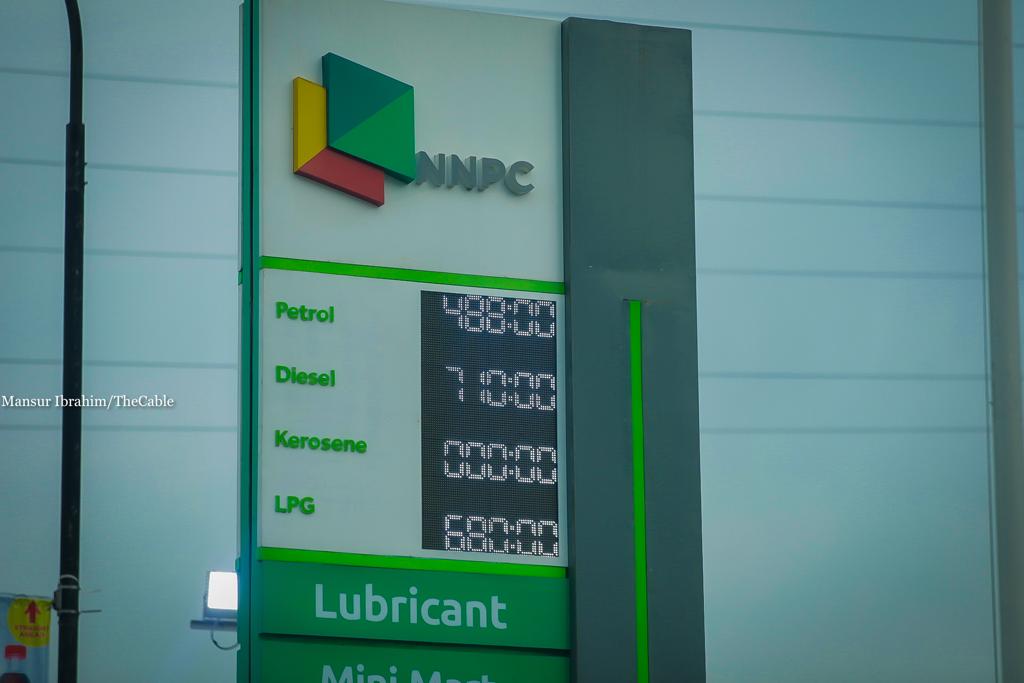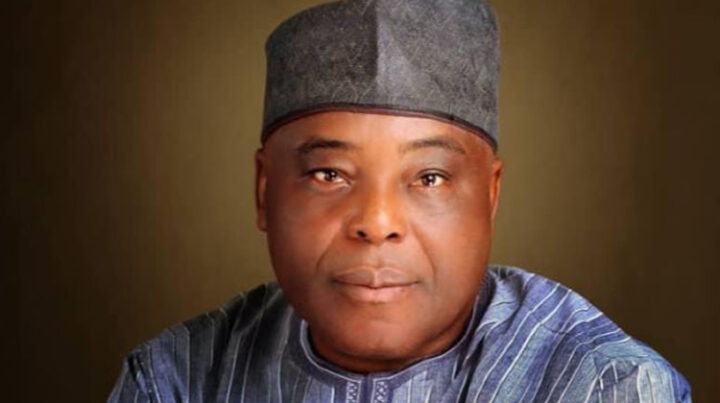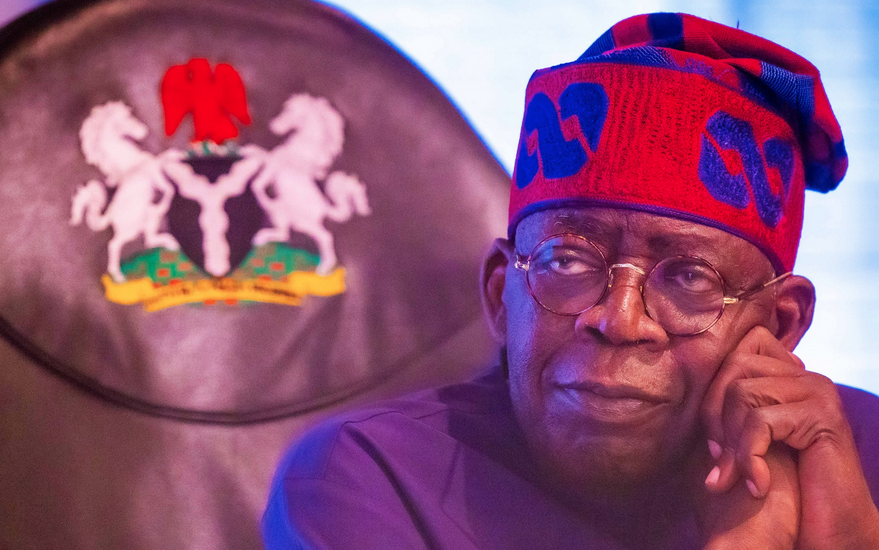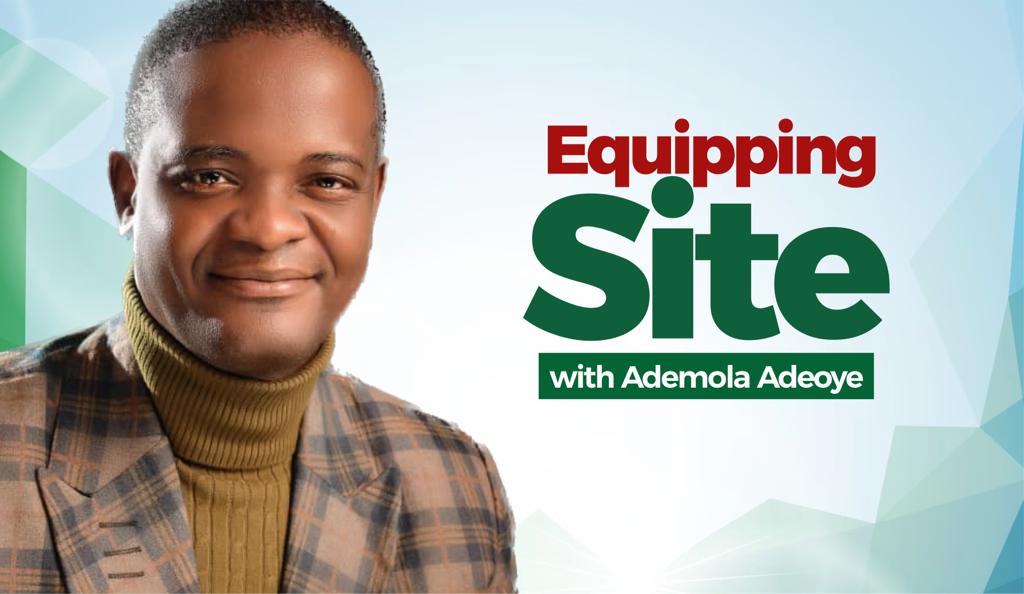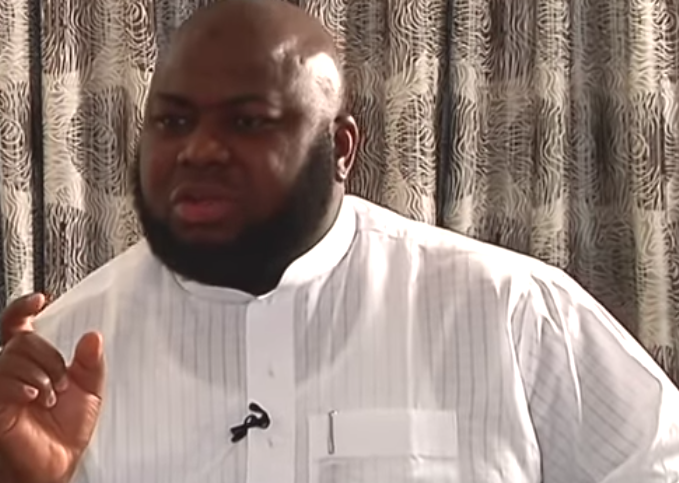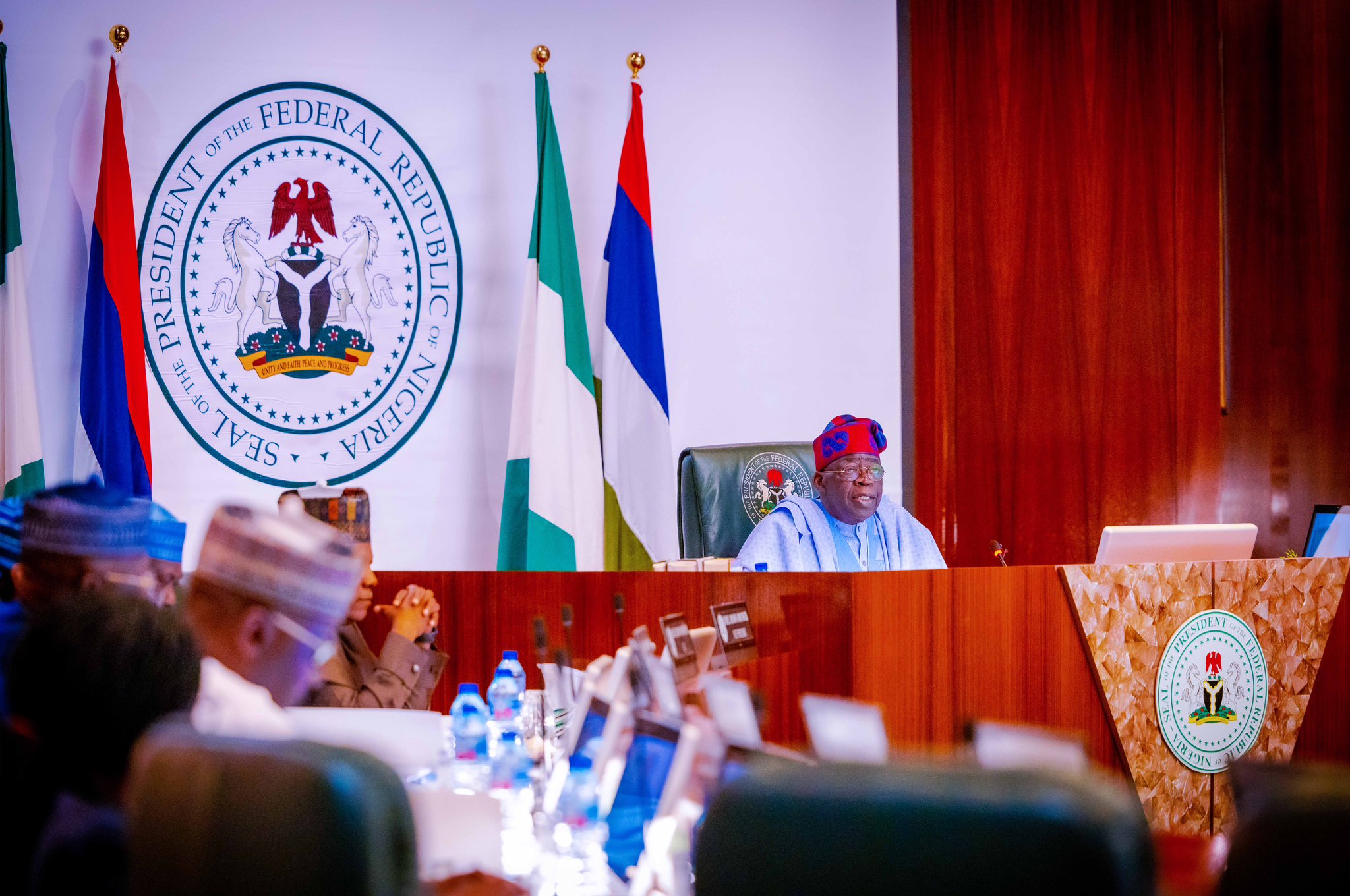Growing up in Lagos, I regularly heard scary stories of “one chance” buses. Those tales were usually resolved into three plots with ranking levels of extremes. The most mind-numbing of the stories had its own moniker – “gbomo, gbomo” (still child, still child). As I was told, children were often lured, squeezed into travelling bags and whisked away. The other wrenching tales were about people picked up on the guise of taking them to their bus stops; those stops were usually made in thick forests or isolated places. The least extreme plot was of people lured by fake transporters, robbed and left in the middle of the road.
The reports from the media in 2023 suggest that the Nigeria National Petroleum Company (NNPC) have been taking Nigerians on a one-chance ride for some time now. Depending on the context of the conversation, you may want to say the company has been sending out its One Chance riders since 1977, but I would limit this to a more recent time and a very specific problem.
My story starts on 12 March 2021, the infamous day a government institution, the then soon-to-be murdered Petroleum Product Pricing Regulatory Agency (PPPRA), released a market-determined ceiling for petrol in Nigeria, as it was constitutionally obliged to do. That amount – ₦212 with some kobos, was more than ₦47 higher than the ₦165 the government wanted it pegged at.
The government had claimed that the subsidy regime was over a year before. It could tell that lie at the time because the cost of landing petrol in jetties at Apapa, Lagos; Calabar, Cross River; Port Harcourt, Rivers; and Warri, Delta, were lower than the artificial ceiling at ₦145.
Advertisement
When that cost reached ₦165, the government read the room and decided to leave it there. Another reason that made that 2020 announcement a falsehood was the certainty that the government was not going to start issuing forex it said it did not have to importers at rates that would make them compete with the NNPC – leaving the arbiter and enforcer firm to remain the sole gasoline importer.
The PPPRA was apparently not informed that the lie had run its course and it was time to reinstate the subsidy. So, when it published the pricing template, the government martyred the document and denied its authenticity. Since then, the light of clarity Nigerians had on the workings of petrol pricing has been switched off.
Let’s discuss one or two of the contents in that infamous pricing template. There are four price convergence points in the document: the first is the ex-coastal price. This price is the cost of the petrol when the product arrives at a terminal or jetty in any of the four places mentioned earlier. It typically consists of line items like the cost of refining, the cost of hiring two classes of ships, a big one to bring the gasoline into Nigerian waters and another to transport it to land, the cost of insurance, etc.
Advertisement
The second price cluster is the landing cost. At this stage, prices like a dollar-denominated charge from the Nigerian Maritime and Safety Agency (NIMASA), the cost of holding the petrol at the jetty, and some administrative fees are placed on top of the ex-coastal price.
The third layer is the ex-depot price. It is at this point that subsidy comes into play. The NNPC, or the regulator, sets a price at which depots that have loaded the petrol from the jetty can sell to marketers and filling stations. This price is significantly lower than the landing cost. It is the difference between this and the landing cost that is primarily known to be the subsidy.
The final tier of pricing is at the pumps. The NNPC or the regulator sets a profit margin and price band that the pumps can dispense into our vehicles. As you already know, the NNPC does not pay anyone subsidy. It absorbs the difference between the ex-depot price and the landing cost into its books.
In October, something fundamental happened. It has been buried in media reports and never given the prominence it deserved. At the time, the ex-depot price was ₦148.17. This was the cost when the government “quietly” increased petrol prices to a floor of ₦170 on 19 July 2022.
Advertisement
Depot owners’ prices remained stagnant, even though the petrol cost was hiked up. As early as this period, independent petrol marketers complained that the depots favoured receiving petrol from the NNPC but were not selling at the pegged value. The main reason reported at this time was the massive surge in diesel costs caused by the Russo-Ukraine fiasco.
This lingered on until October, but the explanation had morphed. The depot price was still ₦148.17, but members of the Independent Petroleum Marketers Association of Nigeria (IPMAN), who own 80% of the filling stations in Nigeria, said depot owners were selling to them at ₦178.
“Most tank farm owners have justified this increase because of different charges, among which are vessels charges paid in dollars,” Dele Tajudeen, chairman of the Southwest zone of IPMAN, told the News Agency of Nigeria (NAN). This was the first hint that something was afoot. In that same report, an official of the depot And Petroleum Marketers Association of Nigeria (DAPMAN) said his/her facilities dispensed at ₦162-165, still above the pre-agreed price.
According to Tajudeen, the increase happened in the week preceding 25 October 2022. That, I assume, is when the vessel charges were added independently by depot owners.
Advertisement
A month later, an official of the minority but more powerful Major Oil Marketers Association of Nigeria (MOMAN) corroborated Tajudeen’s assertion. “Recently, there have been a lot of charges that marketers pay. There are some charges that the NNPC adds to the pump price, but recently we were told to be prepared to bear freight charges and others,” the unnamed source told The Punch.
The Punch went as far as enthusing that marketers were now free to charge as much as they wished. Along with the vessel charges, the marketers reportedly paid ₦0.50 pipeline fee per litre of petrol, which was upgraded to ₦1. These new levies were not primed into the price the NNPC brought the petrol or, in adjusting to the seeming reality, asked the depots to carry the petrol from the ports . “Now, these charges force depot owners to increase their ex-depot rates as against the one proposed by the NNPC,” the anonymous source said.
Advertisement
Remember Tajudeen said his members were lifting at ₦178 in October. Officials from IPMAN reported that they were buying for as high as ₦220 in December. When the government decided to respond to the market reality, it set the ex-depot price at ₦167 in a notice to marketers on 19 January 2023.
Less than three weeks later, the government realised its pricing error and increased it by ₦5. Reading from an industry data sheet prepared by MOMAN, The Punch said on 16 March 2023 that petrol prices were as high as ₦237 in the earlier parts of the month. DAPMAN again reiterated that the high cost of chartering “daughter vessels” was a key factor in determining the price.
Advertisement
All these culminate in one conclusion; the NNPC had shed some of its subsidy weight on Nigerians since last year, maybe in October. Yet, it refused to factor in this reduction in its subsidy burden into the ex-depot price, which would have made it formal. The marketers it works closely with were forced to bear that cost and pass it on to us.
Since the NNPC stopped publishing the presentation it makes to the Federation Account Allocation Committee monthly, Nigerians who try to seek out these things have been in the dark as to if the NNPC’s subsidy, or “under-recovery” – as it says in its books, the bill had reduced. Now that President Tinubu has signalled subsidy removal without clearing these cobwebs, the NNPC has increased the cost of stock it already collected subsidy on. We have been robbed blind and left in the middle of the road.
Advertisement
Ogu is an analyst with SBM Intelligence.
Views expressed by contributors are strictly personal and not of TheCable.
Add a comment

